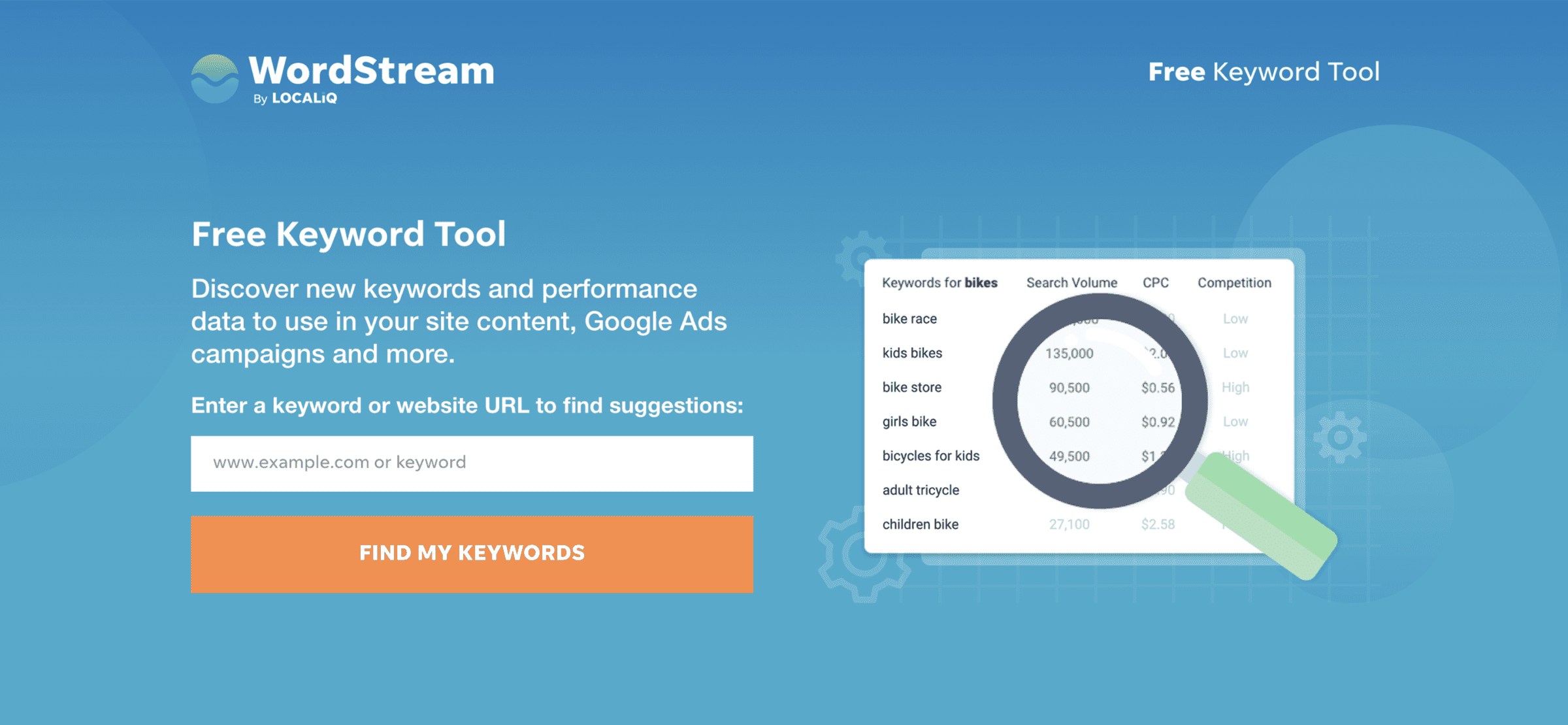Keywords are crucial in Search Engine Optimization (SEO) and can help you rank higher in search engine results pages (SERPs). Here’s a step-by-step guide on keywords and their importance for SEO.
Step 1: Identifying Keywords
The first step in optimising your website for keywords is identifying the keywords you want to rank for. To do this, consider the topics your website covers and the phrases people might use to search for those topics.
Step 2: Researching Keywords
Once you have a list of potential keywords, you need to research them to see how competitive they are and how much search volume they have. For example, you can use tools like Google Keyword Planner or Moz Keyword Explorer to research keywords.
Step 3: Selecting Keywords
Based on the research you’ve done, you should select the keywords that you want to target. When choosing keywords, you should consider the following factors:
- Relevance: The keyword should be relevant to the content on your website.
- Search volume: The keyword should have enough search volume to make it worth targeting.
- Competition: The keyword should be competitive enough to rank for but not so competitive that it’s impossible.
Step 4: Using Keywords on Your Website
Once you’ve selected your keywords, you need to use them on your website to optimise them for those keywords. Here’s where you should use keywords:
- Title tags: The title tag is the text that appears in the browser tab when someone visits your website. You should include your primary keyword in the title tag.
- Headings: Headings (H1, H2, H3, etc.) are used to structure the content on your website. You should include your primary keyword in one of the headings.
- Content: The content on your website should consist of your keywords and be optimised for both users and search engines.
- URL: The URL of each page on your website should include the primary keyword for that page.
- Meta description: The meta description is the text that appears below the title tag in the SERPs. It would help if you had your primary keyword in the meta description.
Step 5: Measuring Results
Once you’ve optimised your website for keywords, you need to measure the results to see how well it’s working. For example, you can use tools like Google Analytics or Google Search Console to track your organic traffic and see how well your website ranks for your keywords.
Step 6: Ongoing Optimisation
Finally, keyword optimisation is an ongoing process. You should continually research and select new keywords, update your website to include those keywords, and measure the results.
Following these steps can optimise your website for keywords and improve your SEO.


